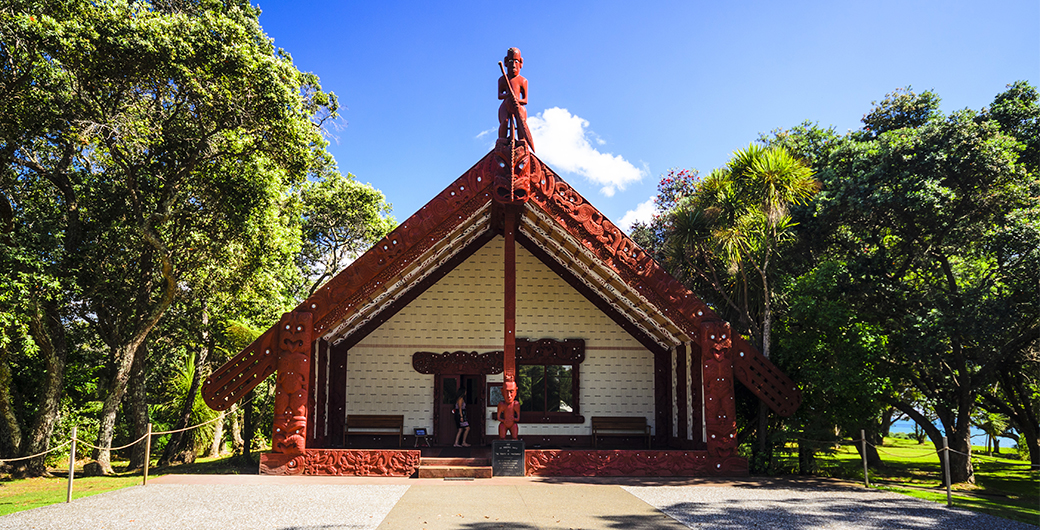
Every year on 6 February, Aotearoa – New Zealand observes Waitangi Day, which commemorates the signing of modern Aotearoa’s foundation document – the Treaty of Waitangi (TeTiriti O Waitangi).
The Treaty was signed by the British Crown and about 540 Māori rangatira (chiefs)in 1840 at Waitangi, Northland and aimed to protect the rights of Māori to keep their land, forests, fisheries and treasures while handing over sovereignty to the British.
In 1975, the Waitangi Tribunal was established as Aotearoa’s permanent commission of inquiry, with the exclusive right to determine the meaning of the Treaty. It has provided a legal framework for the restitution of claims by Māori who felt there was a breach of the Treaty principles of partnership, participation and protection.More than 2000 claims have been lodged with the tribunal, and major settlements have been reached recognising the claims of many iwis (communities).
Waitangi Day is commemorated as a public holiday with official, community and whanau (family) events across New Zealand, which highlight and celebrate Māori culture and the relationships between Māori and Pakeha (non-Māori).
The day is also a chance to reflect on the importance of meeting the Treaty obligations and an important chance to look forward as a nation which formally recognises its full history, while striving to meet Treaty obligations.
The principles of the Treaty are incorporated into the laws of New Zealand and the work of the New Zealand public service.The 2019 Public Services Actrecognises the responsibility of the Public Service to support the Crown to fulfil its responsibilities under the Treaty and holds agencies accountable for meeting those responsibilities.
The Manatū Hauora (Ministry of Health) incorporate theprinciples into their work in the following way:
Partnership– involves working together with iwi, hapū, whānau and Māori communities to develop strategies for Māori health gain and appropriate health and disability services.
Participation– requires Māori to be involved at all levels of the health and disability sector, including in decision-making, planning, development and delivery of health and disability services.
Protection– involves the Government working to ensure Māori have at least the same level of health as non-Māori, and safeguarding Māori cultural concepts, values and practices.
The New Zealand Government has been one of ANZSOG’s owner governments since our inception in 2002 and our work in Aotearoa is an important part of our mission to improve public sector leadership and create public value for all New Zealanders.
To all our New Zealand colleagues and alumni we say: Nga mihi nui – have a great day.
